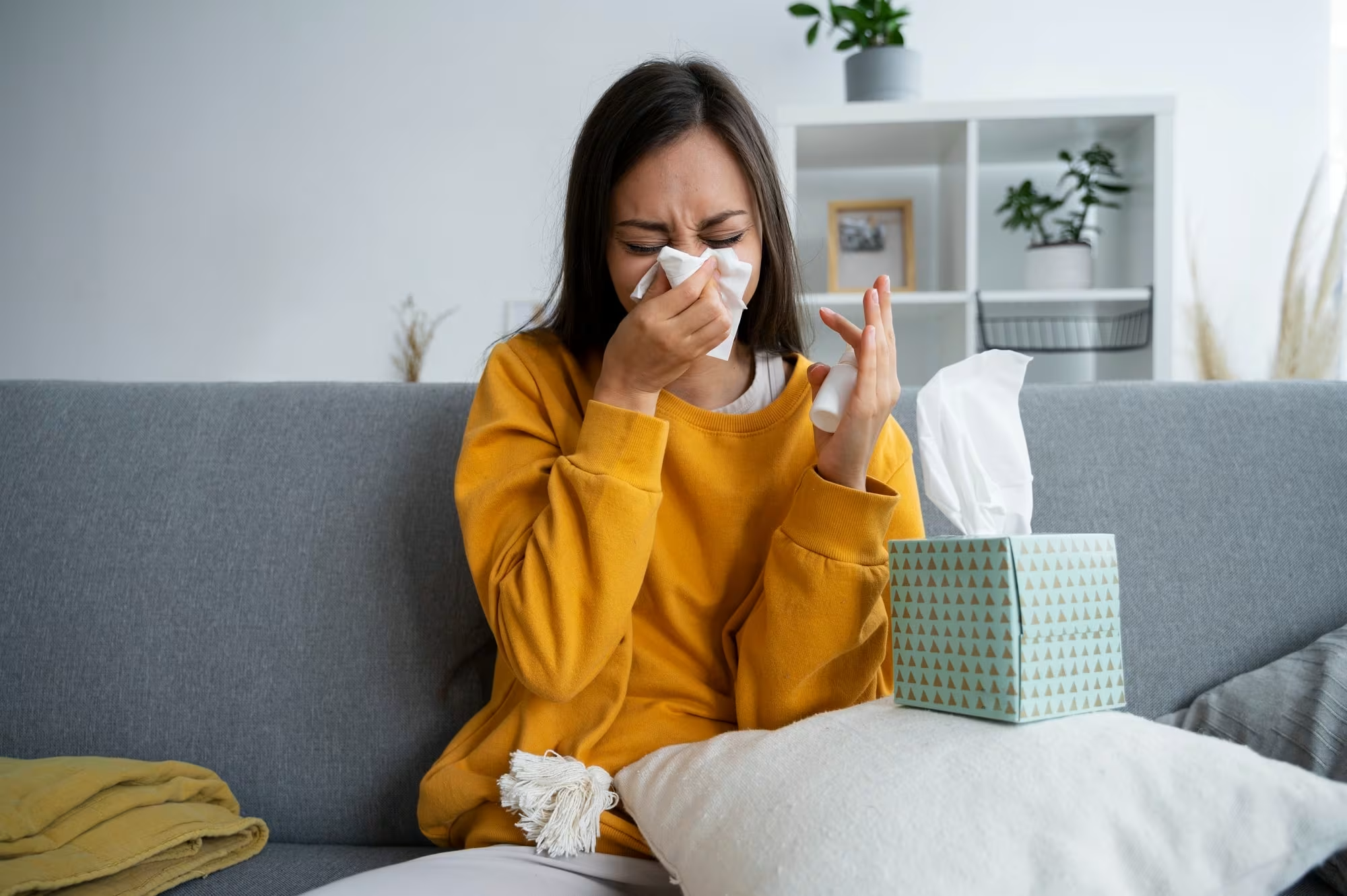
Every year, millions of people around the world are affected by the flu (influenza), a contagious respiratory illness that can lead to mild to severe symptoms. For some, it can even be life-threatening. One of the most effective ways to protect yourself and your family from the flu is by getting the flu vaccine.
The flu is caused by influenza viruses that infect the nose, throat, and sometimes the lungs. It spreads easily, especially in crowded spaces, through droplets when an infected person coughs, sneezes, or talks.
Flu symptoms can vary from person to person, but they typically include:
While most people recover from the flu within a week or two, the virus can sometimes cause serious complications, especially in vulnerable populations.
Some groups are at a higher risk of developing severe flu-related complications:
These groups are more likely to develop complications such as pneumonia, bronchitis, or worsening of chronic health problems.
The flu vaccine works by stimulating your immune system to produce antibodies against the influenza virus. It contains inactivated (killed) or weakened strains of the virus, which are carefully chosen each year based on research predicting the most common strains for the upcoming flu season.
After receiving the vaccine, your body takes about two weeks to develop a protective immune response. This helps reduce the risk of getting the flu and, if you do get it, it often makes the illness milder.
The flu vaccine is generally safe, but like any medical intervention, it can cause side effects. Most side effects are mild and short-lived. These may include:
Serious side effects are rare but can include allergic reactions. These reactions may cause difficulty breathing, swelling of the face or throat, or dizziness. If these symptoms occur, immediate medical attention is needed. However, such reactions are extremely uncommon.
The flu vaccine typically provides protection for about six months. This is why annual vaccination is recommended, as the effectiveness wanes over time and the flu strains circulating in the population can change year to year. Vaccination each year ensures that you're protected against the most current strains.
Yes, it's definitely worth getting the flu vaccine each year. The flu virus constantly evolves, and the vaccine is updated annually to match the most common strains. Even in years when the flu vaccine may not perfectly match the strains in circulation, it still offers valuable protection. It can reduce the severity of illness and lower the risk of complications, hospitalisations, and deaths, particularly in vulnerable groups.
The best time to get the flu shot is in early fall, ideally by the end of October. This allows your body time to build immunity before flu season typically peaks in the winter months (December to February). However, even if you miss the early window, getting vaccinated later in the flu season is still beneficial, as flu activity can continue into the spring.
The flu is a serious illness that can lead to severe complications, especially in vulnerable groups like children, the elderly, pregnant women, and those with chronic health conditions. The flu vaccine is a safe and effective way to protect yourself and others from the virus. While it's not a guarantee you won't get the flu, it greatly reduces your chances of getting sick and helps ensure any illness is less severe.
This year, as in every flu season, getting vaccinated is worth it—especially if you belong to a high-risk group. Talk to your healthcare provider about when and where to get the flu shot, and protect yourself and your loved ones from the flu. At Private Medical Clinic, we offer the Flu Vaccine from our clinic locations in Birmingham, London, Surrey, Oxford and Newcastle.
Click here to book your Flu Vaccination with one of our Doctors.

.avif)



.avif)